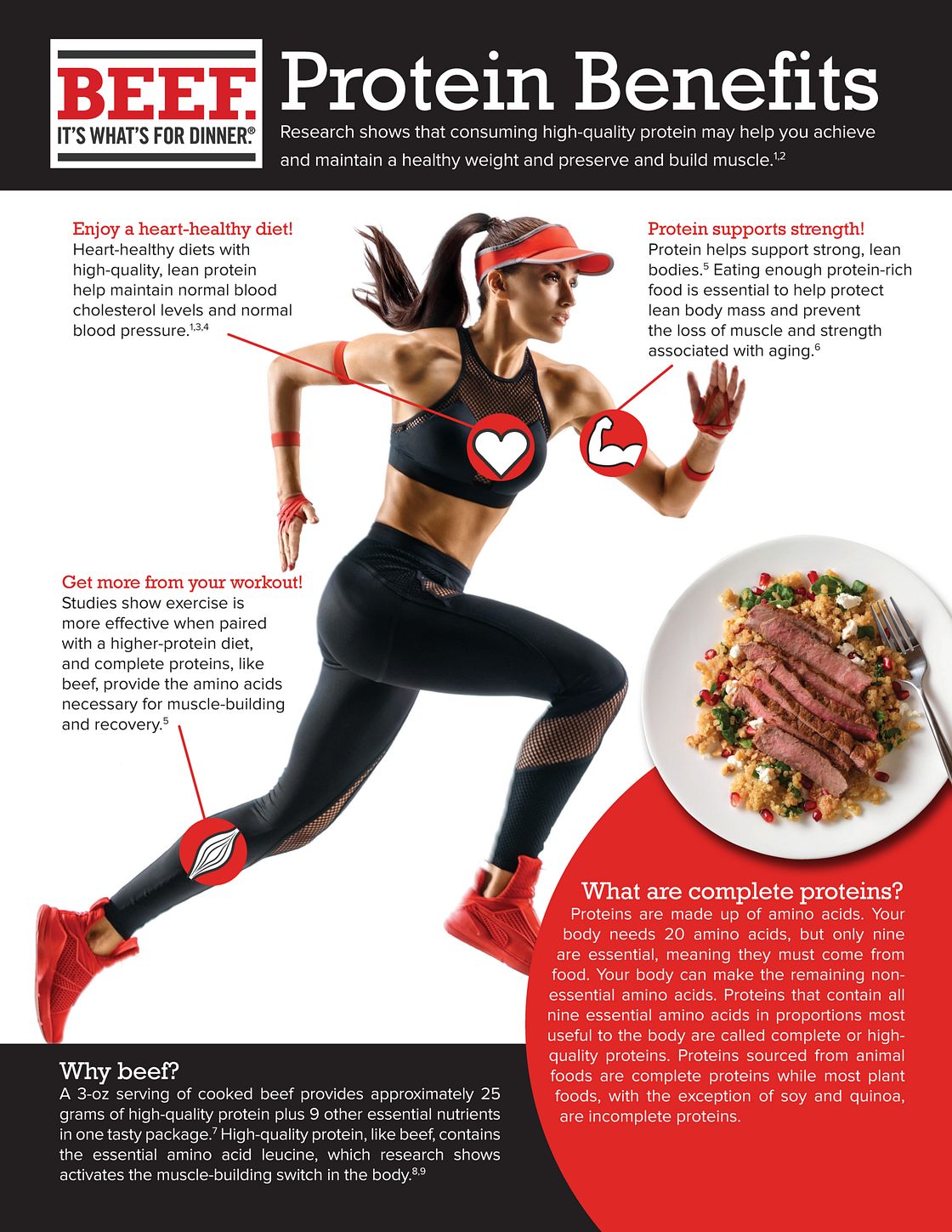Shop At Haya: Your Ultimate Shopping Guide
Discover the best shopping tips, trends, and deals for a smarter buying experience.
Lean Protein Nirvana: Eat Your Way to Leaner Days
Discover the secrets to transforming your diet with lean proteins for a fitter, healthier you! Unlock your path to leaner days today!
Top 10 Lean Protein Sources for Your Daily Diet
Incorporating lean proteins into your daily diet is essential for maintaining muscle mass and supporting overall health. Lean protein sources are not only lower in fat but also provide a rich array of nutrients. Here are the top 10 lean protein sources that you should consider adding to your meals:
- Chicken Breast: Skinless chicken breast is a staple for many due to its high protein content and low fat.
- Turkey: Lean ground turkey is an excellent substitute for higher-fat meats.
- Fish: Varieties like cod, haddock, and tilapia are packed with protein and omega-3 fatty acids.
- Eggs: Whole eggs are nutritious; however, using egg whites increases the protein content without the fat.
- Greek Yogurt: This thick, creamy yogurt offers a considerable amount of protein and probiotics.
- Legumes: Lentils, chickpeas, and black beans provide plant-based protein and fiber.
- Quinoa: This grain is unique as it offers all nine essential amino acids, making it a complete protein source.
- Cottage Cheese: Low-fat cottage cheese is versatile and can be used in both sweet and savory dishes.
- Tuna: Canned tuna in water is convenient, low in fat, and high in protein.
- Tofu: A great source of protein for vegetarians, tofu can be prepared in various ways.

How to Incorporate Lean Proteins into Your Meal Prep
Incorporating lean proteins into your meal prep is essential for maintaining a balanced diet while staying within your nutritional goals. To begin, consider starting with a variety of lean protein sources such as chicken breast, turkey, fish, beans, and legumes. These proteins are not only lower in fat but are also packed with nutrients that support muscle growth and overall health. A structured meal prep plan can help you efficiently cook and store these proteins to ensure you always have a healthy option on hand.
Once you've selected your lean protein sources, you can begin to create delicious and healthy meals. For example, you can marinate chicken breast with spices and grill it for a tasty addition to salads or wraps. Another idea is to prepare a large batch of quinoa mixed with black beans and roasted vegetables for a colorful, protein-rich bowl. Don’t forget to consider portion sizes; aim for about 3-4 ounces of lean protein per meal to help meet your dietary needs. By planning your meals ahead of time, you can seamlessly incorporate lean proteins into your diet.
What Are the Benefits of Eating Lean Protein for Weight Loss?
Eating lean protein is a highly effective strategy for weight loss. Unlike fatty proteins, lean sources such as chicken breast, fish, beans, and tofu are lower in calories and saturated fats, making them ideal for those looking to shed pounds. Incorporating lean protein into your diet helps to boost your metabolism, as the body burns more calories digesting protein compared to fats and carbohydrates. Additionally, consuming adequate amounts of lean protein can lead to greater muscle retention during a calorie deficit, which is crucial for maintaining a healthy body composition.
Another significant benefit of lean protein is its ability to enhance satiety. When you consume protein with your meals, it helps you feel fuller for longer, reducing the likelihood of overeating or snacking on unhealthy options. Studies have shown that a diet rich in lean protein can stabilize blood sugar levels, thus curbing cravings and promoting sustained energy throughout the day. For these reasons, making lean protein a staple in your diet is not only conducive to weight loss but also beneficial for long-term health and well-being.